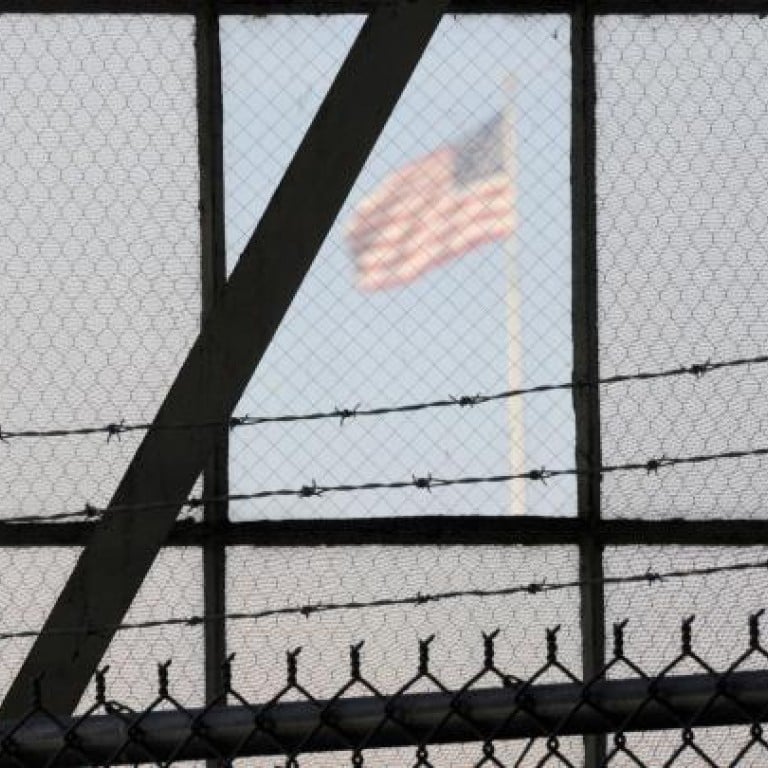
Moscow denounces US rights abuses in cold-war style
Tone and spirit of Russian foreign ministry's diatribe about human rights abuses in America revives memories of Soviet-era propaganda
Prisoners detained without charges. Prisons operating outside the legal system. Limits on free speech and the internet. Voters prevented from casting their ballots. Sanctioned kidnappings. Witch hunts and torture. It's all part of life, says the Russian government - in the United States.
The Russian Foreign Ministry has issued a hefty 56-page report in Russian and English titled .
The report, distributed at hearings held by the Foreign Relations Committee of the Russia's lower house of parliament, was the first such full examination of the US human rights record issued by Moscow since the fall of communism in 1991. In tone, vocabulary and spirit, it was reminiscent of the cold-war-era propaganda counterattacks launched by the Soviet Union on its rival.
The tone was set by committee chairman Alexei Pushkov, who said he and his colleagues did not agree "that human rights topics should remain the prerogative of states that call themselves traditional democracies."
"Around these violations an information vacuum has been created and ... as a result we see a distorted picture of all but an exclusive right of the United States to deal with that topic," Pushkov told the sparse audience of lawmakers, speakers, journalists and a group of political science students invited by the organisers.
"On a whole number of issues, I think Russia has a greater moral right to raise questions than our American partners as we don't have secret prisons, we do not kidnap people, we haven't had any serious scandals connected with violating international law."
The report also portrayed the US of being plagued with growing social inequality, racial and religious discrimination, human rights abuses committed in other countries and the death penalty applied to underage and mentally disabled offenders.
Deputy Foreign Minister Sergei Ryabkov told lawmakers that instead of conducting a dialogue among equals, US officials preferred "the language of admonition and moralising" and wielding the issue as "a propaganda tool".
Clearly on the minds of hearing organisers was the Magnitsky Act, a measure before the US Congress that would impose visa restrictions and sanctions on Russian officials allegedly responsible in the case of lawyer Sergei Magnitsky, who was jailed after accusing authorities of corruption and died in custody in 2009.
Ryabkov suggested that passage of the act would not be left "without a due response."
Pavel Astakhov, lawyer and Russia's envoy on children's rights, then offered lawmakers a blood-curdling description of several Russian disabled children adopted by American parents whom he alleged had been mistreated, tortured, raped and killed, with their assailants receiving only light punishment.
Another Russian lawmaker, Alexander Romanovich of the opposition Just Russia faction, joined in the anti-American chorus and used Soviet-era language to call the arrest and prosecution of Viktor Bout, a Russian who in April was sentenced in a US court to 25 years in prison on arms trading charges, "a beastly grin of American imperialism."
Valery Garbuzov, deputy head of the USA and Canada Institute, a Moscow-based think tank emerged from the hearing taken aback by the tone and content of the discussion.
"What we witnessed today was an obvious attempt to use the problem of human rights for political goals," Garbuzov said, noting that the hearing failed to present "an objective picture in the context of how much is being done in the United States to safeguard human rights."
